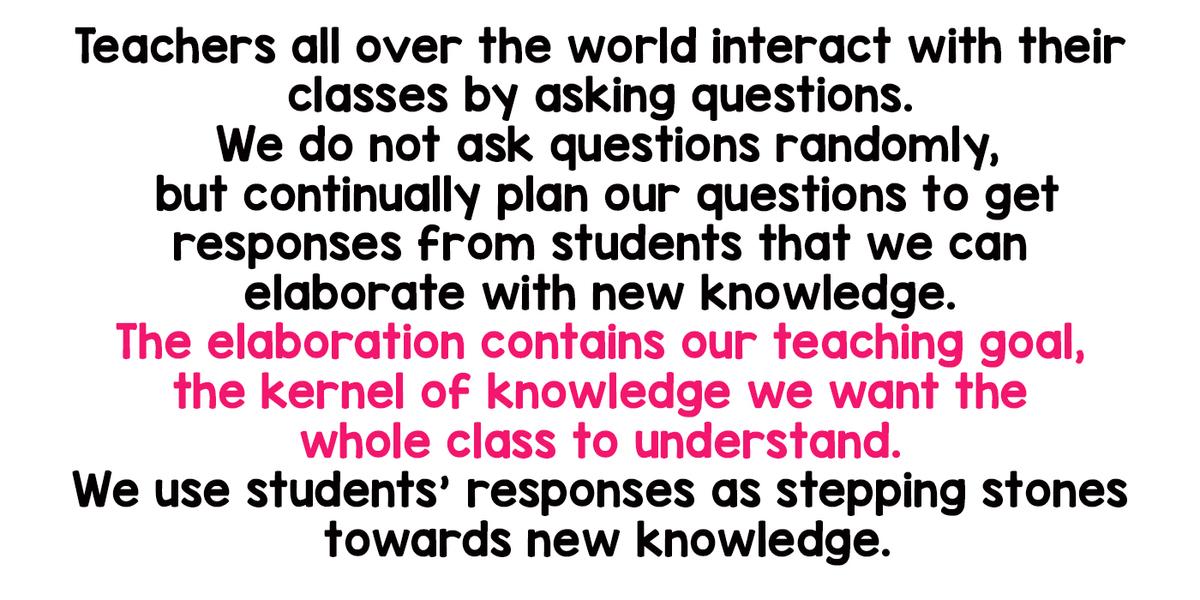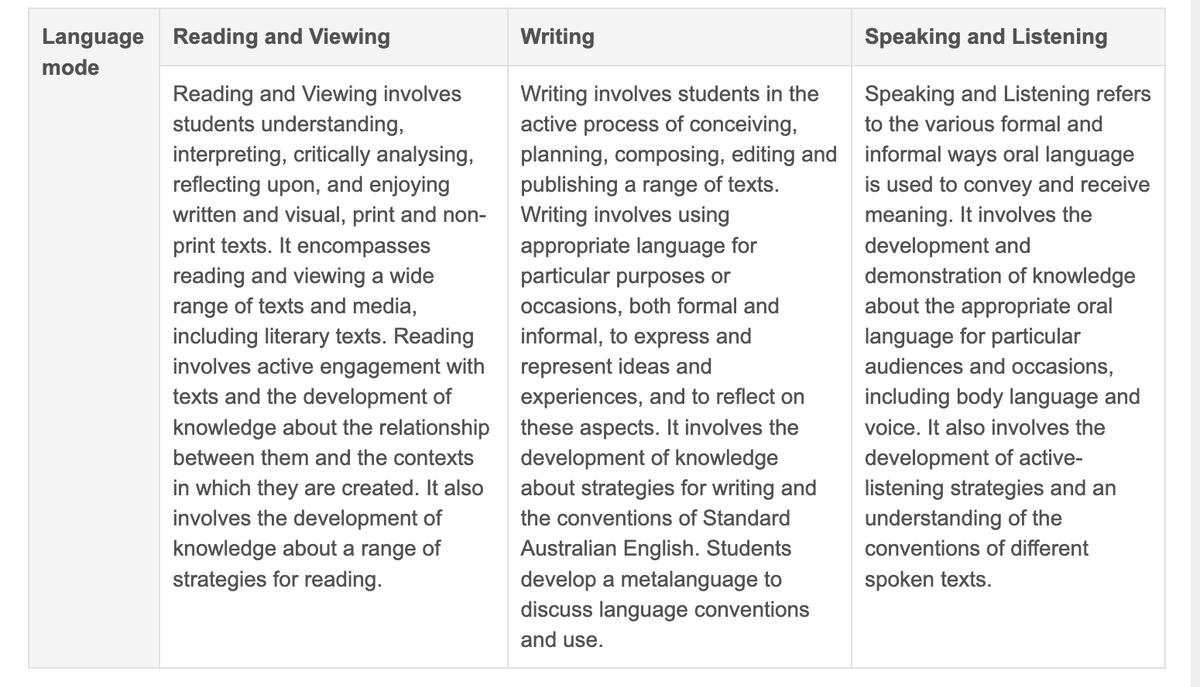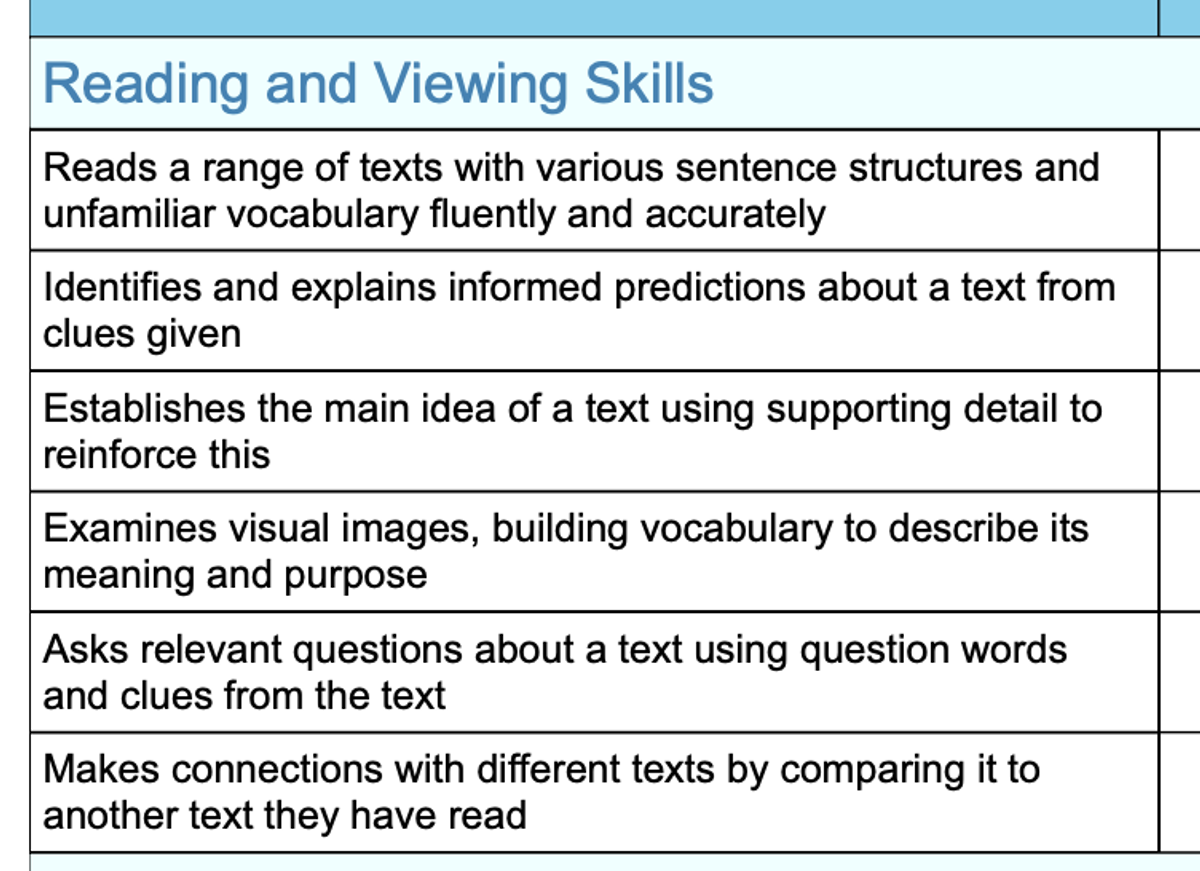English

Text Types
At school our students are presented with a great deal of variety in the texts they read and discuss. These can include novels, short stories, articles, poems, websites, graphs and much more.
As we approach the school holidays though there is an activity that we are sure lots of parents might be planning, that can also be considered a type of text. A trip to the movies!
Dr David Rose, in his paper titled 'Engaging and supporting all our students to read and learn from reading', makes the following interesting quote.
What Dr Rose means here is that when teachers ask questions it is not because they don't know the answer, but because they want their students to think about what is being asked and engage with the content. It can help push our children in the right direction in terms of what they should be wondering about.
So how do the movies fit in?
Films have a lot of the similar elements to the novels that children will encounter. Interesting characters, problems that need a solution and a mood that parts of the movie will set!
So if you find yourself walking out of the theatre during the holidays these might be some really great questions to ask your children. It will get their brain ticking over and they will be completing work on a text without even knowing it!
- How would you describe the main character? What words would you use?
- What was the big problem in the movie? Why did it need to be fixed?
- Did this movie remind you of other movies we have watched? How come? How about books, did anything in this movie remind you of something you have read?
- Did this movie remind you of anything that has happened to you? Which part?
- What are some of the emotions this movie made you feel? Was there more than one?
Student Reports
Student reports were sent home this week and are a great chance to celebrate many of the successes our students have been making this year. We wanted to take the opportunity to unpack some specific information about the English Curriculum and how it is reported on.
You will see with student reports that English is broken down into three separate language modes, as seen below.
If parents are interested, further information on the curriculum is available through this link.
These are the three areas in which skills are also selected in English. Please see a sample below from a previous years set of reports.
These are skills which are also taken from the curriculum, and inform the numbered mark that a student is given in each language mode (this is exactly the same concept in Mathematics). Teachers are looking for these skills to be demonstrated in a variety of ways and be consistent across a student's class work.
For example, the third skill above says Exporting detail to reinforce this.
When it is time to complete a report, teachers will assess this skill using a large range of measures.
- How has a student contributed to class discussion on a text? How many times have they discussed the main idea?
- How do students perform in one on one discussions with a teacher about a text? Are they comfortable sharing their ideas or do they need support in this area.
- How have activities gone on texts? These could be in class question and answers, verbal group activities or even things such as assignments that have been worked on over time.
- What does testing indicate about this skill? What are the results from both online and manually written testing material?
The point being here that each of these skills on a report is filled out extremely thoroughly by our teachers. No skill will ever be marked simply as the result of one classroom activity, but always as an overall and complete picture of how each student is progressing.
I would like to personally wish all our families a wonderful holiday break! Stay safe, stay warm and have fun at the movies!
Tim O'Mahoney
English Leader



